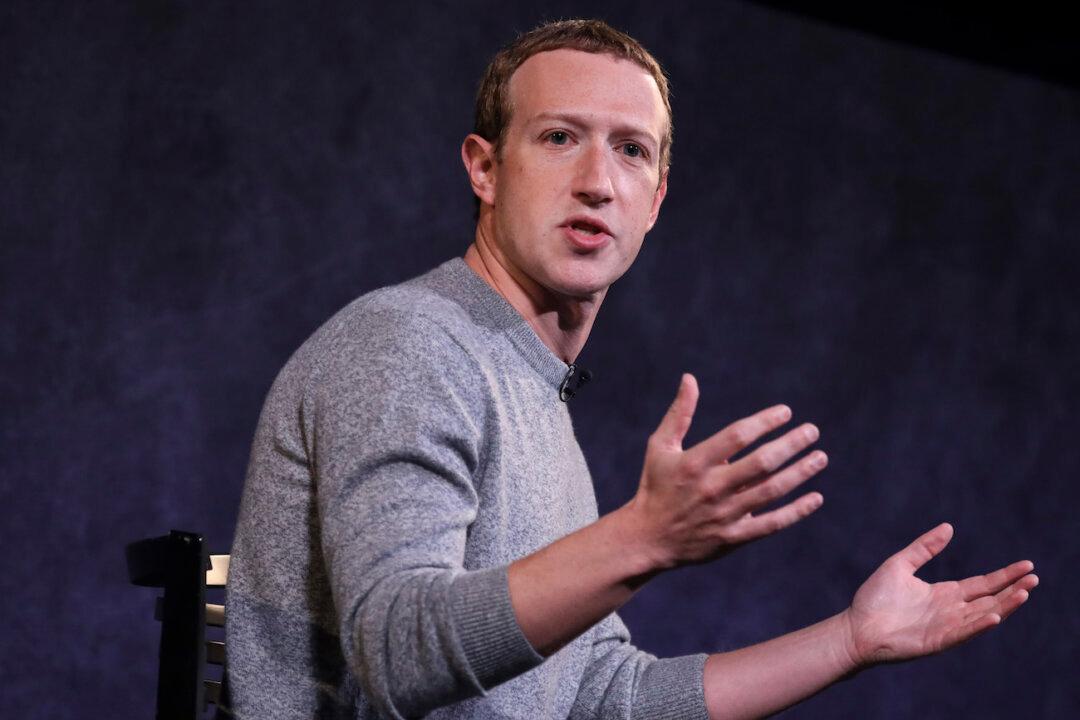A conservative activist group has filed a complaint with the IRS asking the agency to deny personal tax exemptions for Mark Zuckerberg and his wife, Priscilla Chan, arising from the couple’s funding of grant programs to help municipalities pay for the 2020 general election.
In a second complaint, the Center for Renewing America (CRA) requested the removal of tax exemptions for three Zuckerberg-supported nonprofits: the Center for Tech and Civic Life (CTCL), the Center for Election Innovation & Research (CEIR), and the National Vote at Home Institute (NVAHI).





